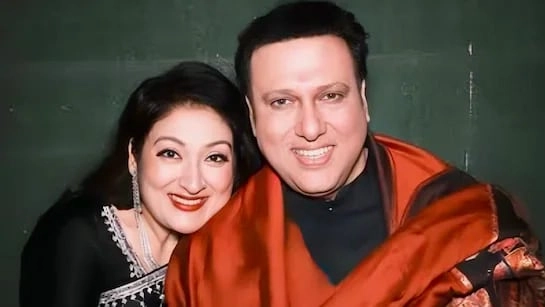Mohit Suri, the acclaimed filmmaker known for his work in the Indian film industry, has once again found himself at the center of controversy, with allegations resurfacing that he has copied elements from a Korean film. This time, the focus is on his recent project “Saiyaara,” which has drawn sharp criticism from fans and critics alike for its perceived similarities to the popular South Korean movie “A Moment to Remember.” The internet has exploded with comparisons, with many viewers quickly labeling “Saiyaara” as a blatant “rip-off,” raising questions about originality in Suri’s storytelling.
The accusations against Suri are not entirely new, as he has faced similar claims in the past regarding other projects. Critics argue that this pattern of borrowing from international cinema undermines the integrity of his work and raises concerns about the creative landscape within Bollywood. As the audience becomes increasingly aware of global cinema, they are more inclined to spot similarities and demand authenticity in storytelling. The backlash against “Saiyaara” highlights a growing impatience among viewers for innovative narratives that do not rely on rehashed plots, especially when they draw from well-regarded works from other cultures.
In the case of “Saiyaara,” the specific moment in question has been scrutinized for its striking resemblance to a pivotal scene in “A Moment to Remember,” a film that has garnered a cult following for its poignant exploration of love and memory. Fans of the original film have taken to social media to express their discontent, arguing that Suri’s adaptation lacks the emotional depth and originality that made the Korean film resonate with audiences. This has sparked a wider conversation about the importance of cultural sensitivity and the need for filmmakers to respect the source material when drawing inspiration from it.
Overall, the controversy surrounding “Saiyaara” serves as a reminder of the fine line that filmmakers must navigate between inspiration and imitation. As Bollywood continues to evolve, the industry faces the challenge of fostering creativity while acknowledging the influences that shape its narratives. Audiences are increasingly demanding fresh perspectives, and as such, filmmakers like Mohit Suri may need to reflect on their approach to storytelling in order to maintain relevance and credibility in a rapidly changing cinematic landscape. The ongoing discourse about originality and adaptation will likely continue to shape the future of Indian cinema as it seeks to carve out its unique identity in a globalized world.




